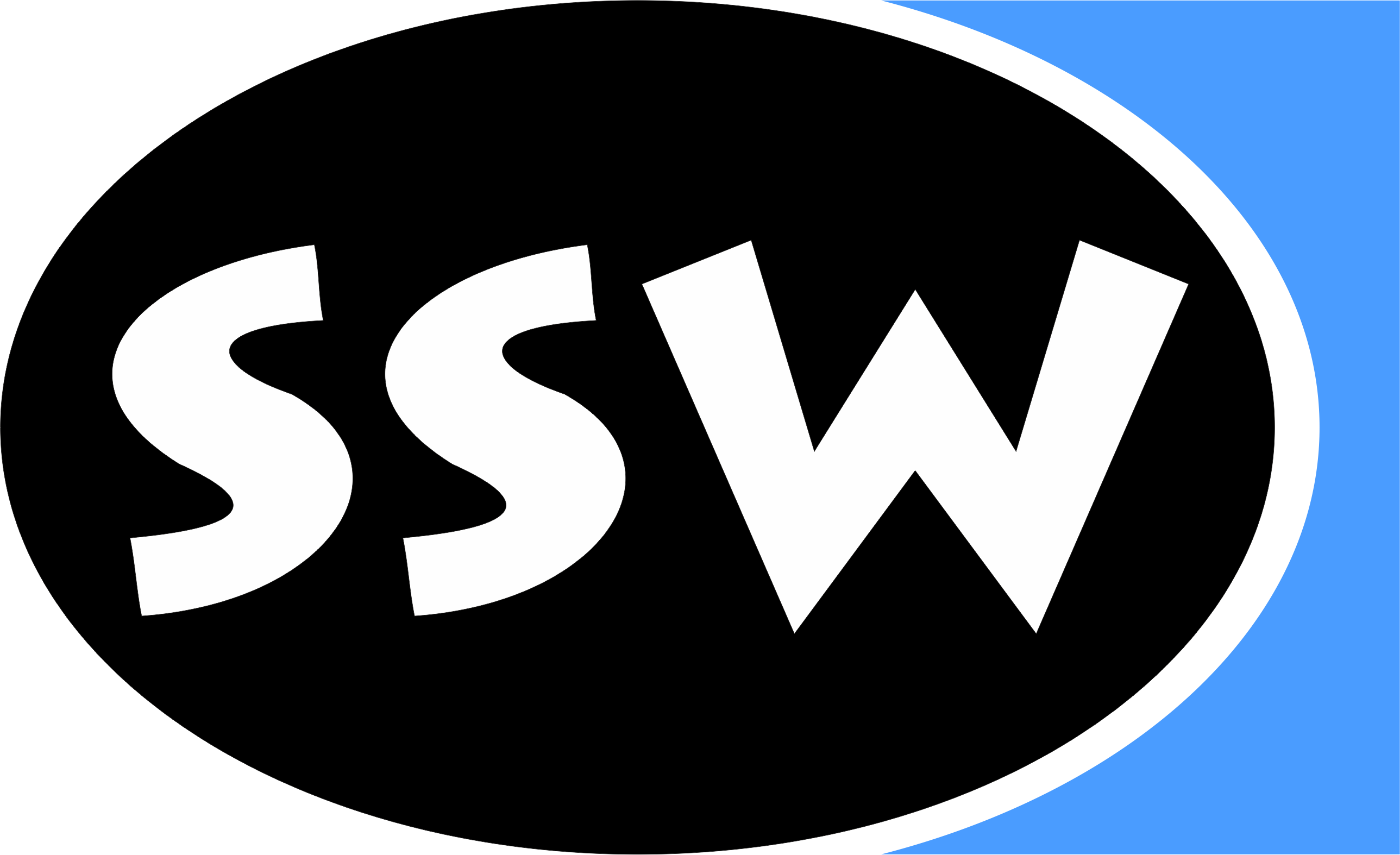



|
Home General Staff Contact Partners Alumni Research Areas Projects Papers Books Reports Awards Teaching Lectures Exams B.Theses M.Theses PhD Theses Go Abroad Misc Talks Library Gallery Links Search Webmaster |
Introduction to Computational Linguistics
|
| Tuesday, May 2 2006 | 10:15 - 12:45 | T 911 |
Skipped |
| Wednesday, May 3 2006 | 10:15 - 12:45 | HS 2 |
Slides (1), Exercise 1 |
| Thursday, May 4 2006 | 10:15 - 12:45 | HF 9904 |
Slides (2), Exercise 2 |
| Friday, May 5 2006 | 10:15 - 12:45 | K 224B |
Slides (3), Exercise 3 |
| Monday, May 8 2006 | 16:15 - 18:45 | MZ 003B |
Slides (4), Exercise 4, Project |
| Wednesday, May 17 2006 |
10:15-12:45 |
HS 2, exam |
The aim of the course is to introduce students to the fundamental concepts and ideas in computational linguistics, including computational approaches to language modeling, methods and techniques for the processing of human (natural) language, as well as recent applications in the area. The focus is on methods and algorithms for morphological analysis, part-of-speech tagging and parsing.
What is Computational Linguistics, by Hans Uszkoreit
Computational Morphology: finite-state transducers (FST), morphological parsing.
Tokenization and Spelling.
Part-of-Speech Tagging: rule-based, stochastic and transformation-based.
Parsing: top-down, bottom-up, bottom-up filtering, chart parsing.
Finite-State Parsing
Methods.
Parsing with Unification Constraints.
------------------------------------------------------------------------
Natural Language Generation.
Daniel Jurafsky and James H. Martin, Speech and Language Processing: An Introduction to Natural Language Processing, Computational Linguistics and Speech Recognition, Prentice Hall, 2000.
The Oxford
Handbook of
Computational Linguistics, edited by Ruslan Mitkov, Oxford
University
Press, 2003.
Handbook of Natural Language Processing, edited by R. Dale, H. Moisl, H. Somers, Marsel Dekker Inc., 2000.